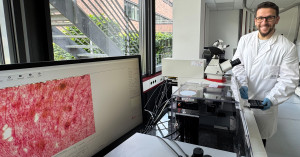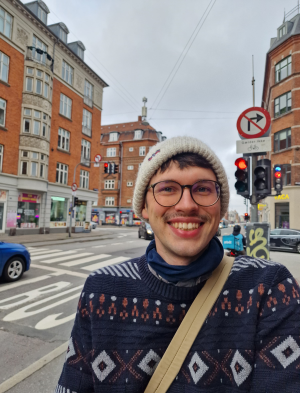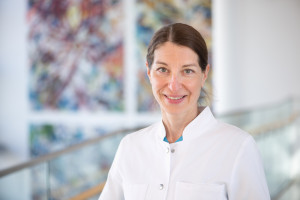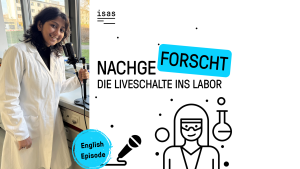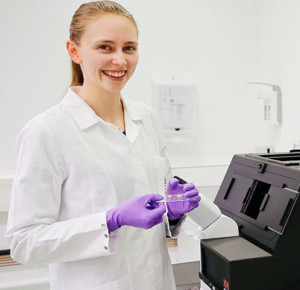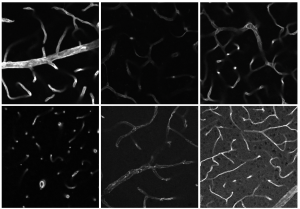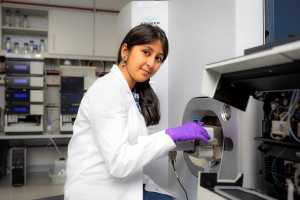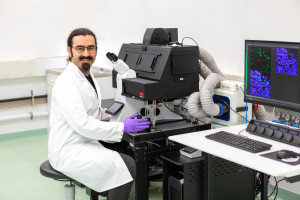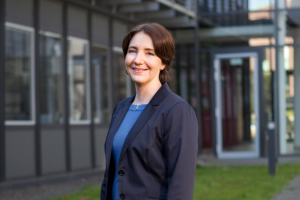Dortmund, 8th September 2025
The gut microbiota includes all the microorganisms that occur in the intestine. Scientists have long suspected a link between this intestinal flora and various immune cells. Researchers at University Hospital Essen and ISAS have recently demonstrated how the microbiota influences the activation of neutrophil granulocytes. This can negatively impact the brain after a stroke. The scientists published their findings in the Journal of Neuroinflammation.
In the study, the researchers compared neutrophils (see info box) from mice with healthy intestinal flora and those in which the microbiota had been reduced by antibiotics. For their analyses they used various techniques, including liquid chromatography-mass spectrometry (LC-MS), flow cytometry, and light sheet fluorescence microscopy. The researchers were able to establish that the analysed immune cells become more active when the intestinal flora is intact. In contrast, neutrophils are less active when there is a microbiota deficit. This inhibited activity protects the mice’s brains from the consequences of a stroke. Consequently, fewer thrombi are found in the brain vessels and there is less inflammation of the nerve tissue after a cerebral infarct. The area of brain tissue affected by a stroke was also smaller when there was a microbiota deficit.
Neutrophil Granulocytes
Neutrophil granulocytes are a specific type of white blood cell that is most frequently found in the blood. They primarily fight bacteria but are also present in increased quantities during acute or chronic inflammation. Following a stroke, they are the first immune cells to arrive in the brain. When activated, they can negatively impact the recovery process. The molecular signals that lead to neutrophil activation have not yet been fully discovered. However, understanding them is crucial for combatting the neurotoxic functions of neutrophils in the future.
The results of the study suggest that the microbiota activates neutrophils, although the exact mechanism of this interaction remains unclear. If further research succeeds in exploring this mechanism, this finding could provide a potential starting point for the development of therapies for stroke patients.
(Anna Becker)
